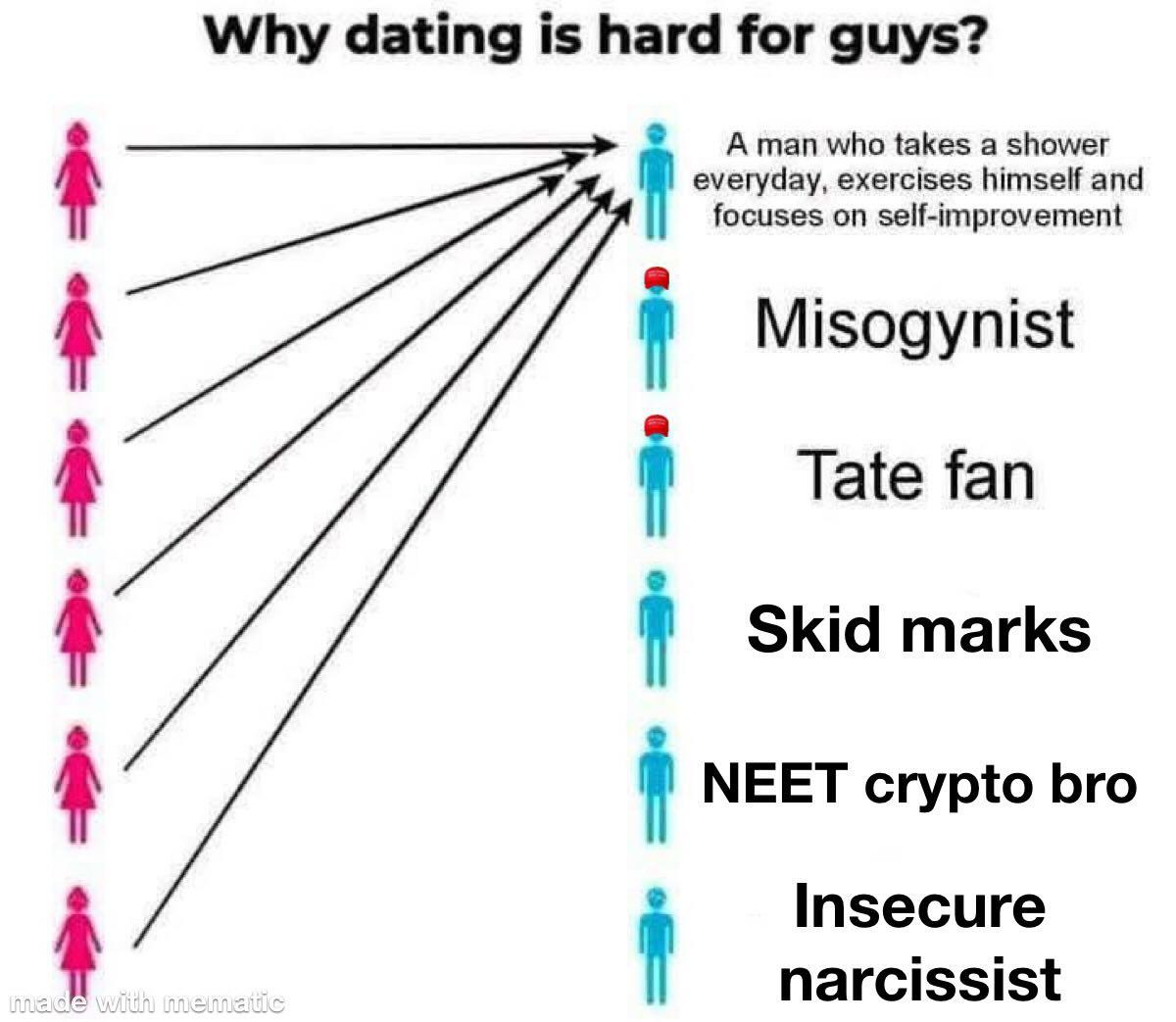For months, the phrase “male loneliness epidemic” has been dominating online discourse, fueled by a whirlwind of posts, hashtags, and increasingly bizarre interpretations. But beneath the trending topics and passionate arguments, a disturbing question emerges: is this phenomenon a genuine reflection of a societal shift, or a carefully constructed distortion designed to garner attention and advance a specific agenda?

The initial spark ignited with claims of entitlement, suggesting that a generation of men, disillusioned by economic stagnation and perceived social marginalization, were experiencing profound isolation. However, this narrative quickly morphed, often incorporating accusations of misogyny, entitlement, and a perceived lack of emotional intelligence. The repeated assertion that men are “lonely” appears to hinge on a particular conception of loneliness – one rooted in lack of romantic or sexual fulfillment, coupled with a perceived deficit in emotional expression.

Yet, a critical look reveals a disturbing pattern of conflation. Posts frequently blame women for the perceived isolation of men, suggesting men are denied connection because of female opposition or a lack of desirability. The trend centers on a narrative of men being “clowned” when they attempt emotional vulnerability, fueling a cycle of self-imposed silence and despair. The chorus of complaints often neglects the possibility that men may simply be unwilling to actively cultivate meaningful relationships, or that their definition of “connection” differs drastically from that of women.

The sheer volume of commentary suggests a deliberate amplification of this narrative, potentially driven by influencers, thought leaders, or even malicious actors seeking to sow discord. The constant framing of “loneliness” as a purely masculine experience obscures the broader issues of social isolation that affect individuals of all genders, especially in a hyper-connected yet increasingly fragmented society.
The insistent focus on “access to women” – as evidenced in several posts – reveals a disturbing fixation on sexual fulfillment as the key to combating loneliness, further solidifying a transactional approach to relationships. This, combined with the casual dismissal of men’s own agency in addressing loneliness, raises serious questions about the true motivations behind this online frenzy.
It’s time to ask: are we witnessing a genuine societal diagnosis, or a cleverly crafted manipulation designed to perpetuate stereotypes and distract from deeper, more complex problems? The “male loneliness epidemic” may be less an epidemic and more a symptom – a symptom of a society grappling with shifting gender roles, economic anxieties, and, perhaps, the uncomfortable truth that genuine connection requires effort and self-reflection from *everyone*.
**Discover the full story and its unsettling origins…see more!**



